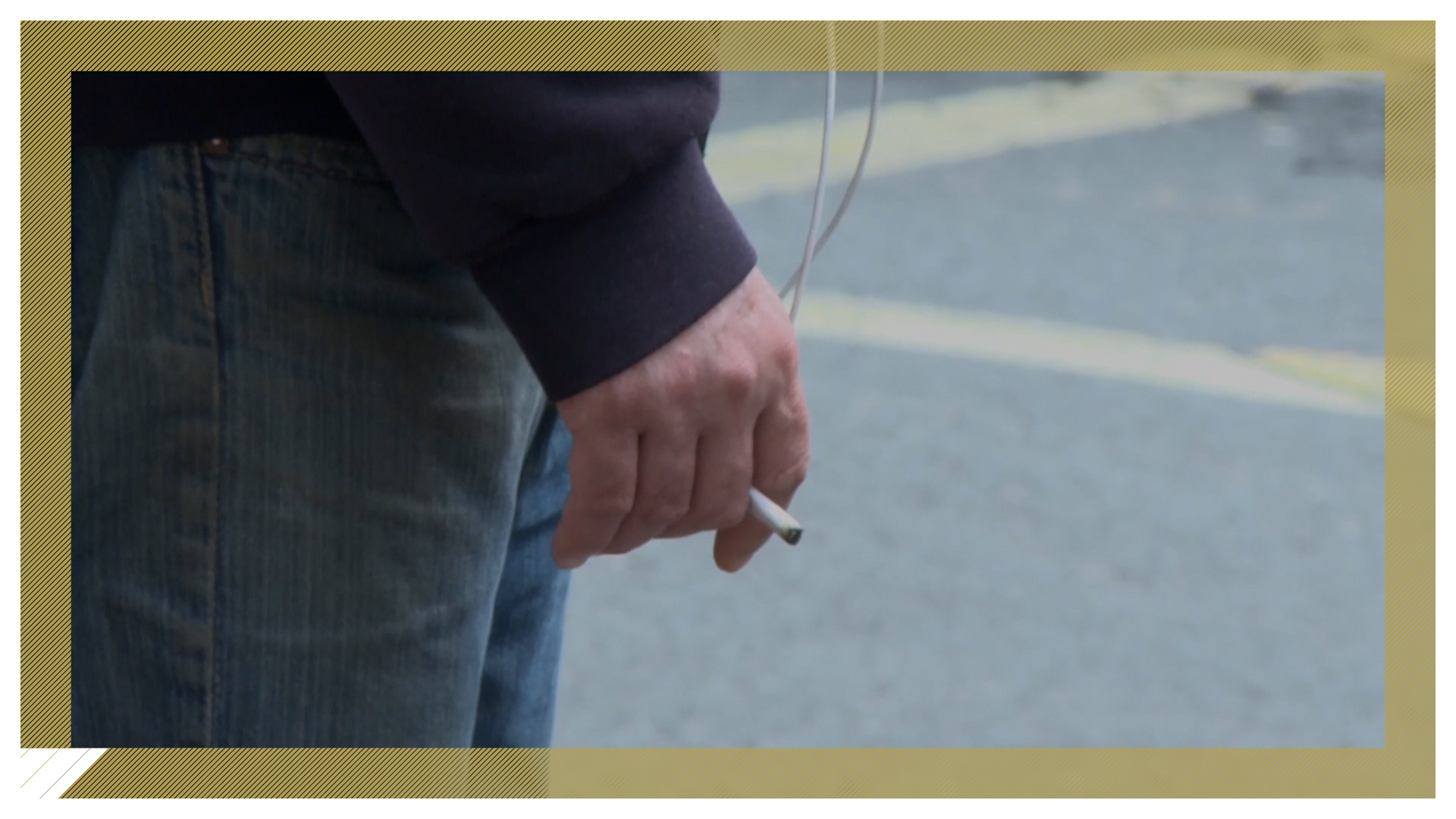02:54

October is 'Stoptober' in the UK, an annual campaign backed by the National Health Service (NHS) aimed at encouraging smokers to stay off tobacco for the month of October and hopefully beyond.
Rarely has such a message been so pertinent, with a certain respiratory virus threatening all our lungs this year.
Sound engineer Ralph Biddulph quit five months ago. He says the pandemic played a part in his decision, both on health grounds – he's also diabetic – and because of the forced changes in his usual habits.
He has no work at the moment and giving up smoking has saved him money. Besides, some of the usual temptations, such as socializing at his local pub, have now become less appealing.

CLICK: WHY 'EUROPE'S ROOFTOP' FACES AN UNCERTAIN FUTURE
Just a few months in, he says the impact on his lungs has been amazing, including on his daily walks. "I walk quite a long way and I used to slow down after 15 minutes to let my chest catch up and then walk for half an hour, slow down again," he recalls. "Now I can keep on going, it doesn't make any difference, and I can climb hills again."
That is exactly the message UK health experts want smokers – and potential smokers – to know, in a country where smoking is the largest cause of preventable death and disease, costing the NHS about $3.2 billion a year.
According to a study by University College London, increasing numbers of people have been quitting during the year of the COVID-19 pandemic. Biddulph is one of some 643,000 people in the UK who gave up smoking between January and August this year – more than twice the 307,000 who gave up over the same period in 2019.
High success rate
Nearly a quarter of quitters have stuck with it as well. "There's the highest success rate of quitting that we've ever seen in the data since it's been captured," says Hazel Cheeseman from the anti-smoking campaign group Action on Smoking and Health.
It doesn't take an expert to work out why that might be. People's habits have been forced to change radically these past few months. Trigger-points like drinking in pubs, and even simply socializing, have become less prevalent. And these aren't fleeting changes: Some of those restrictions have lasted for several months.
But shifting habits may be a double-edged sword: the figures also show a sharp rise in smoking among young people, particularly those aged between 18 and 21. That is worrying officials at Public Health England.
"I think there are some real challenges ahead," says Martin Dockrell, the agency's lead on tobacco control. "We really have to attend to those communities where smoking might be getting worse."
Ralph Biddulph is part of a higher-risk group that are quitting in high numbers during this pandemic – but some of the less vulnerable may actually be smoking more.